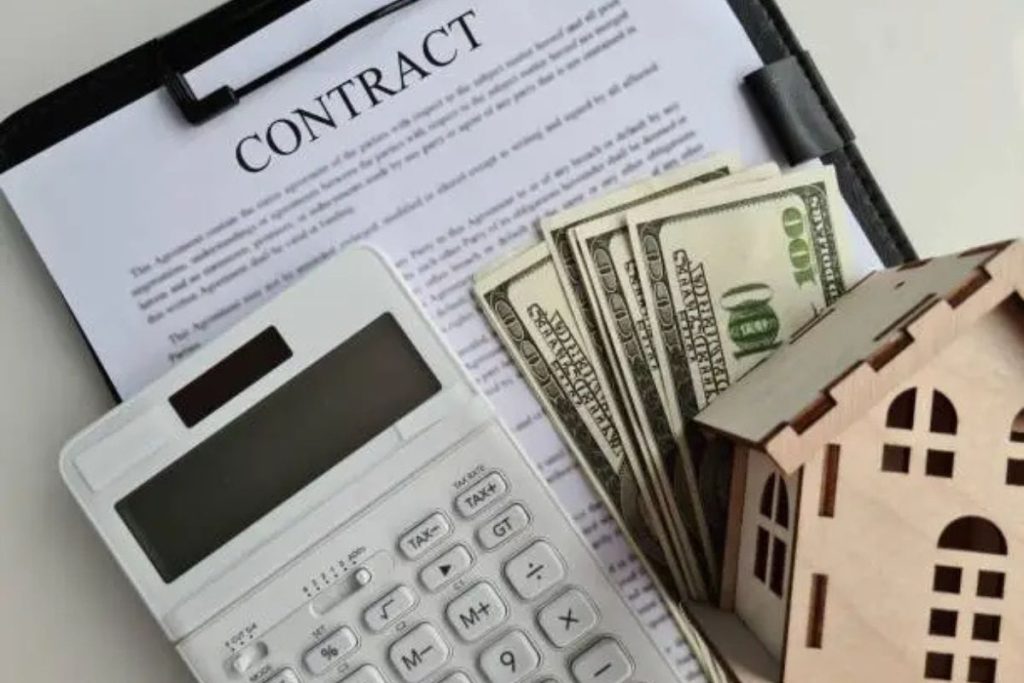Tax delinquent properties are an opportunity to gain a real estate investment or a house at a significantly reduced cost. The municipality picks up these properties from owners who haven’t paid their property taxes.
When they go up for sale, an investor can buy the house, pay off the taxes, and become the new owner. Investors typically acquire these properties below market value, though it takes a skilled investor to know precisely what they’re buying. Here is how to invest in tax delinquent properties.
Set a Tax Sale Budget for Yourself

Know how much money you have to sink into a tax sale home. Factor in not only what you pay at the auction but any property taxes, repairs, and renovations you may need to be done immediately. The number you have should be one you stick with.
Identify Areas with Tax Sale Opportunities
Look for areas with a lot of potential and opportunity to turn around a tax delinquent property for profit, either by converting a home into a rental unit or through a renovation-and-sell model. Examine the neighbourhood, city/town, and region in close detail.
Public Auction or Public Tender

Refer to your local government tax sale rules to find out if properties are being sold at auction or public tender. From there, understand the rules about how an auction or public tender is carried out and what’s required to participate in the bidding.
Attend a Tax Sale Auction Beforehand
If it’s a tax sale auction, these can be done online, in person, or as a hybrid. To understand how to invest in tax delinquent properties, attend an auction to see what it’s like. Consider registering as a bidder as if you were going to bid. Review the auction rules. Accustom yourself to the experience.
Minimum Bid Amount and Assessed Value
Every tax sale listing will have a minimum bid amount. This is purely where the bidding starts. Due to the competition, expect the final sales number to be significantly higher. Know the assessed value of a property and the top number for how high you’re willing to bid.
Visit the Property Before You Bid


Visit the tax-delinquent property to verify its condition. Chances are, you will not be allowed to enter, and no investor is allowed a home inspection. That said, you can examine a home from the outside and see the land dimensions, state of the exterior, and condition.
Assess Property Accessibility
Ensure the property you are bidding on is accessible by road or utilities. If it’s not, this will be your work and expense. To this point, a remote location will always require additional investment and development if you wish to turn it into a liveable property.
Look at Other Property Values in the Area
When determining how much you are willing to invest in a specific property, look at other property values in the area. See what other homes have sold for. Compare the property’s condition and features to theirs.

Investigate Liens and Encumbrances
Run a title search. This will reveal any liens or encumbrances you must deal with after a tax sale. This may include unpaid utility bills attached to the property. Fortunately, most mortgage types are automatically removed in a tax sale.
Know the Auction Payment Requirements
Bring your money with you to the tax sale. Payments often must be made within hours of a tax sale concluding or sometimes within a short time frame. Find out the acceptable methods of payment. Typically, they are cash, wire transfers, money orders, and similar methods.
Avoid Overbidding or Risk Less Profits


When bidding, remove emotion and stick with your budget and valuation numbers. Do not overbid. Doing so will only strain your finances, reducing the profitability of investing in a tax-delinquent home.
Understand the Redemption Period
A tax sale may come with a redemption period. This is a ‘last chance’ period when the former owner can pay off the property taxes owed. Generally, when there is a grace period, and the previous owner pays the taxes, your bid amount is returned to you, plus interest.
Consider Risk Tolerance Before Bidding
Tax delinquent properties are purchased sight unseen and come as-is with no returns. Your risk tolerance has to factor in issues such as uncooperative occupants who refuse to leave, potential legal battles around the property title, property rehabilitation, and more. All this falls on you.
Always Come in with an Exit Strategy in Mind
Decide how you will reap a reward from your tax delinquent property investment. Whether you flip, rent, or hold the property to let it appreciate, have an exit strategy in mind. Ensure your exit strategy aligns with market conditions and is not reliant upon the market to deliver a profit.
Images courtesy of unsplash.com and pexels.com












